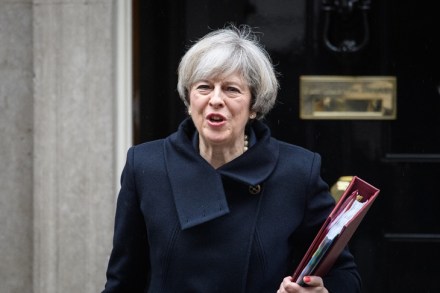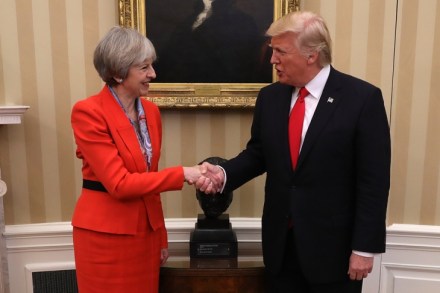This is not a strong government – so why isn’t the opposition opposing it?
‘For heaven’s sake, man, go!’ A week after the Brexit referendum, and that was David Cameron at the despatch box, on Jeremy Corbyn. It might be in the Tories’ interest for Corbyn to be leading the opposition, said Cameron, but it wasn’t in Britain’s, and he should push off sharpish. At the time, it sounded a lot like deflection. As in, wind your neck in, Hamface. You’re the one who just lost a referendum and your own career, so don’t go blaming it on wild-eyed Grampa Simpson over there, just because he was too busy making jam to do enough press conferences. Latterly, though, I have begun to realise that




















